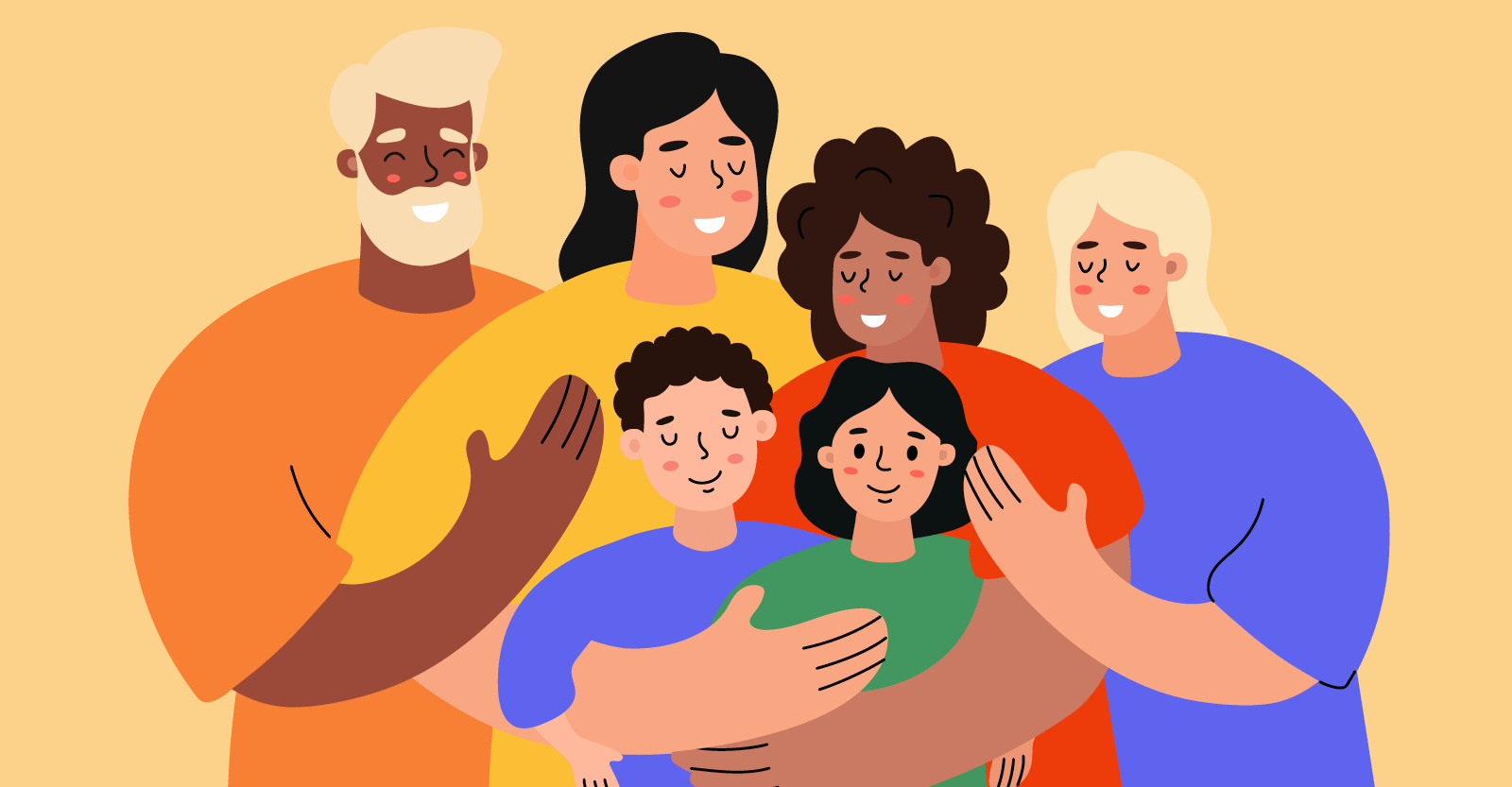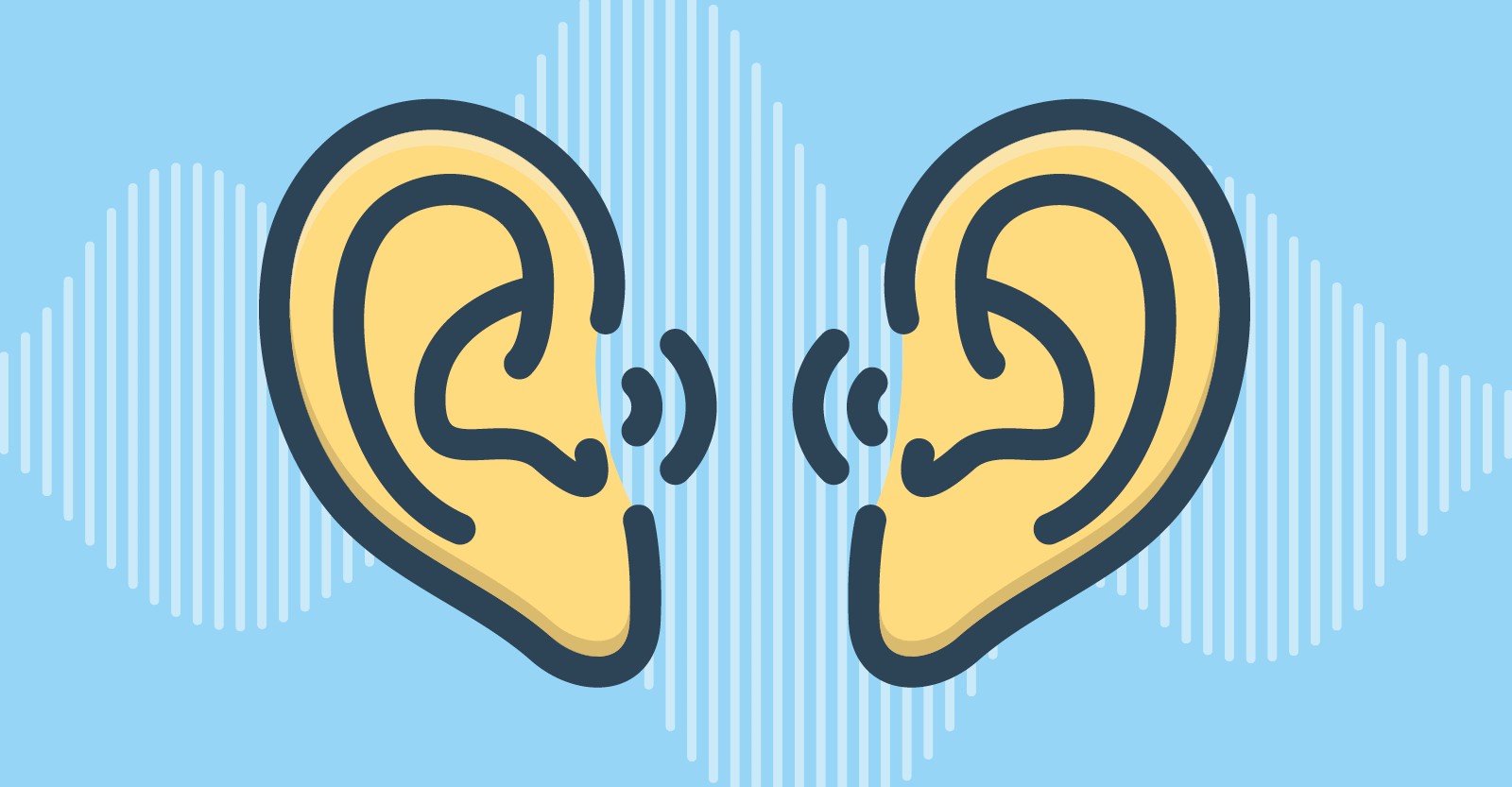Supporting Loved Ones With Hearing Loss: How to Stay Connected and Communicate With Care
February is all about love, not just romantic love, but the everyday kind


February is all about love, not just romantic love, but the everyday kind

What Qualifies You for a Hearing Device It is a question many people

Think”One Good Ear Is Good Enough”? Discover the Power of 2 As a